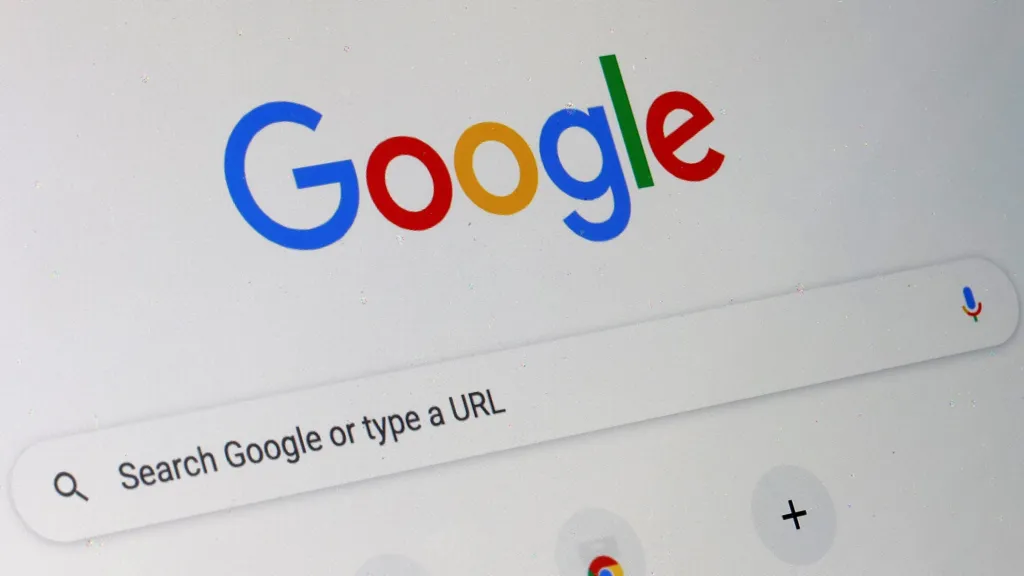
Accusations Against Google
The US government is considering a Google monopoly break-up, accusing the tech giant of causing “pernicious harms” to competition and consumers. This potential move comes after a landmark court ruling in August, which found that Google had illegally stifled its competitors in the online search market.
Google’s Monopoly Under Threat
The Department of Justice (DOJ) has been evaluating remedies since the ruling, which could lead to the most significant regulatory intervention in big tech history. These proposed remedies aim to prevent Google from leveraging its dominance across multiple products, such as Chrome and Android, to direct users to its search engine, where it generates revenue through advertising.
Accusations Against Google
According to the DOJ, Google has engaged in anti-competitive practices for over a decade, using its other products like the Chrome browser and Android operating system to maintain its monopoly in online search. This behavior, the DOJ claims, has prevented potential competitors from gaining traction and allowed Google to charge high prices for online advertising, while also compromising the quality of those ads.
Potential Remedies
The DOJ’s proposed remedies could include measures preventing Google from using products such as Chrome, Play Store, and Android to favor Google Search and related services. The detailed proposal from the DOJ is expected by November 20, while Google will have until December 20 to present its own set of proposed remedies.
Google’s Response
Google has been vocal in pushing back against these proposals. Lee-Anne Mulholland, Google’s vice president of regulatory affairs, described the recommendations as “government overreach” in a blog post. She warned that breaking up Google would lead to increased costs for consumers, as services like Chrome and Android, which are currently free, would need to generate revenue on their own if separated from Google.
Impact on Consumers
Google also argues that the company’s payments to device manufacturers like Apple and Samsung to make Google the default search engine effectively subsidize those devices, keeping prices lower for consumers. If Google were to stop paying these companies, the cost of those products could rise. Additionally, Google has claimed that the online advertising market remains competitive, citing increased search activity on platforms like TikTok and Amazon.
What’s Next for Google?
If the DOJ’s proposed remedies are accepted by the judge, it would mark a pivotal moment in regulating big tech, potentially reshaping how Google operates. With Google and the DOJ set to submit their proposals in the coming months, this case could lead to significant changes in how tech companies are allowed to leverage their dominance across multiple products.
For more on this developing story, visit the BBC or read related analysis on Kenkou Land.



